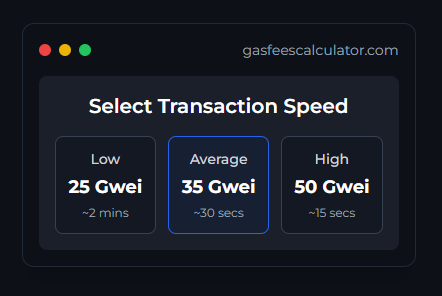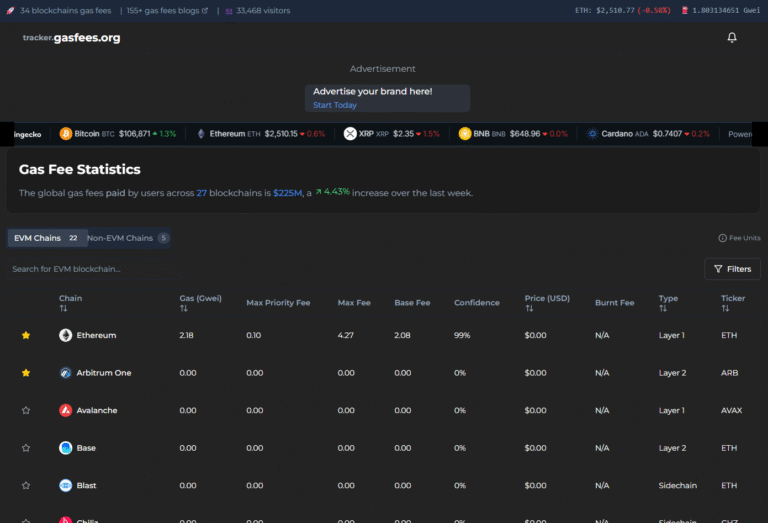What Are Cronos Gas Fees?
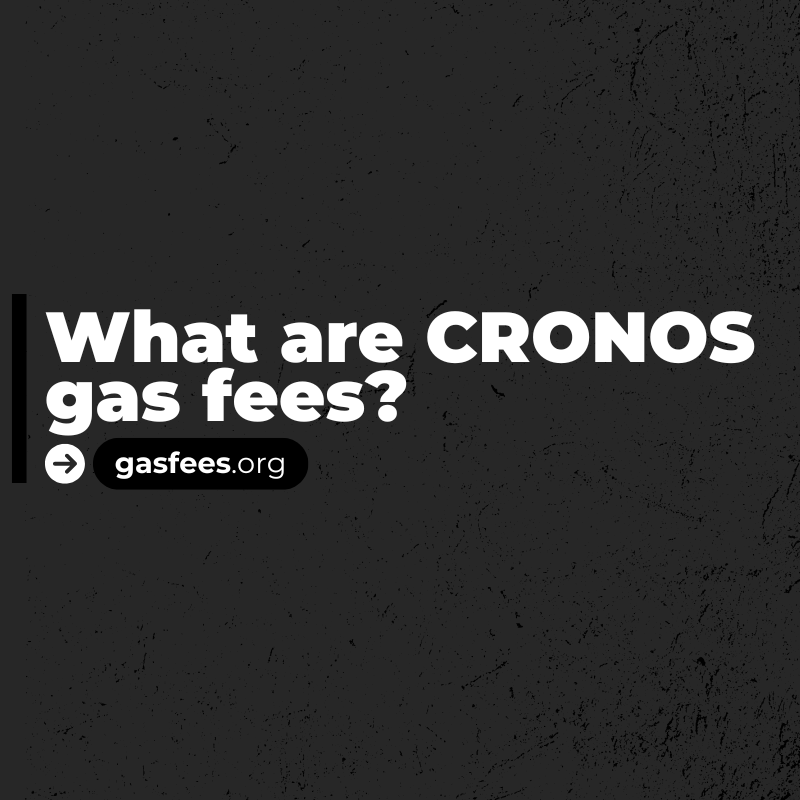
Cronos gas fees are the transaction costs users pay to perform operations on the Cronos blockchain, such as transfers, swaps, or smart contract interactions. These fees are paid in CRO, the native token, and help secure the network by compensating validators for processing transactions. Compared to Ethereum, Cronos typically offers lower gas fees, making it an attractive option for cost-conscious users in the DeFi and NFT space.
What Are Fantom Gas Fees?
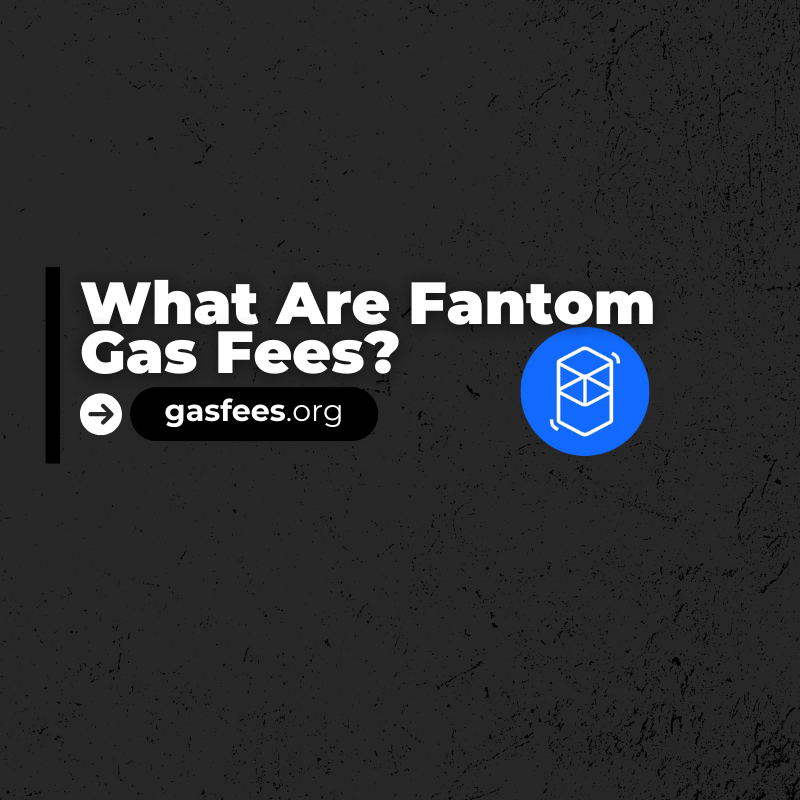
Fantom gas fees are the transaction costs associated with using the Fantom blockchain. These fees ensure the smooth operation of the network, similar to how gas is used as fuel in traditional systems.
What Are Solana Gas Fees?
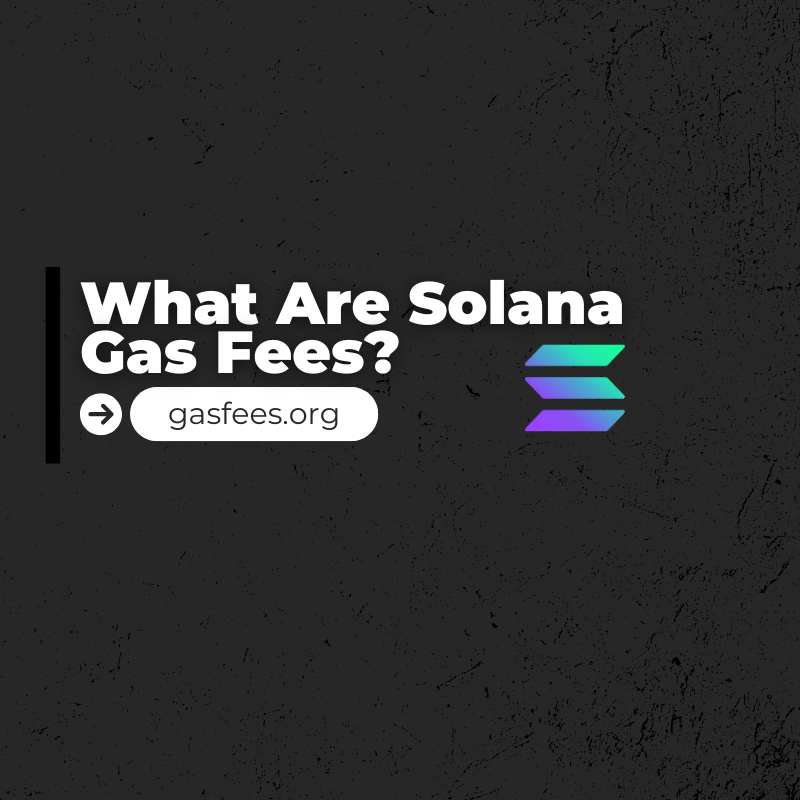
Solana gas fees are the small transaction costs paid to process operations on the Solana blockchain, known for its ultra-fast speeds and low fees. This guide breaks down how Solana gas fees work, their affordability compared to other blockchains, and why they make Solana a favorite for developers and users alike.
What Are Avalanche Gas Fees?
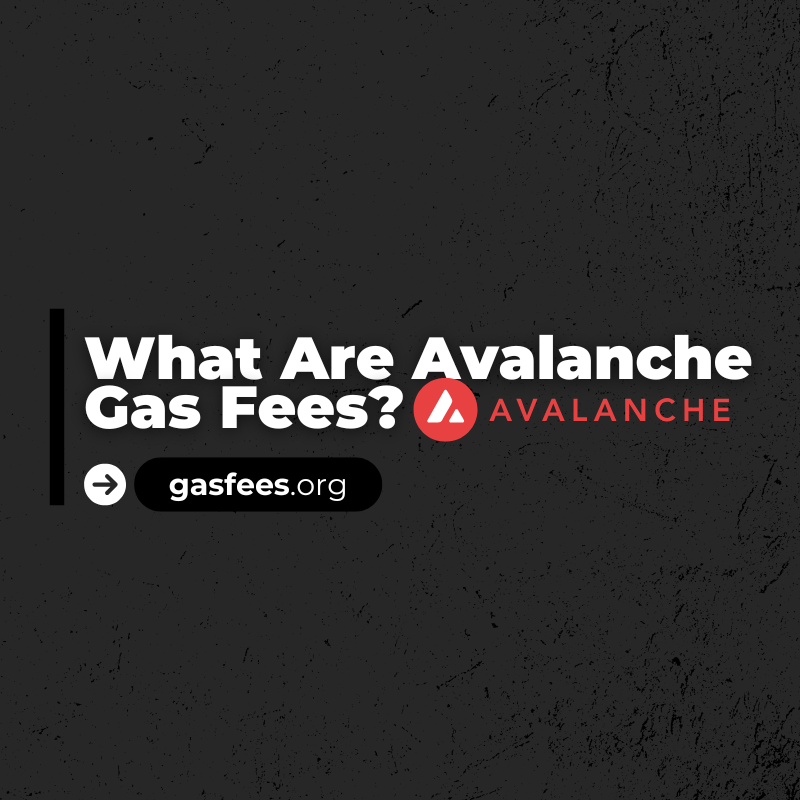
Avalanche gas fees are the costs required to perform transactions or execute smart contracts on the Avalanche blockchain. These fees, paid in AVAX, help secure the network and ensure fast, scalable transactions.
Avalanche’s unique consensus mechanism allows for lower and more predictable gas fees compared to other blockchains, making it an attractive option for decentralized applications (dApps) and finance solutions. Understanding Avalanche gas fees can help users optimize their costs when interacting with the network.
What Are Polygon Gas Fees?
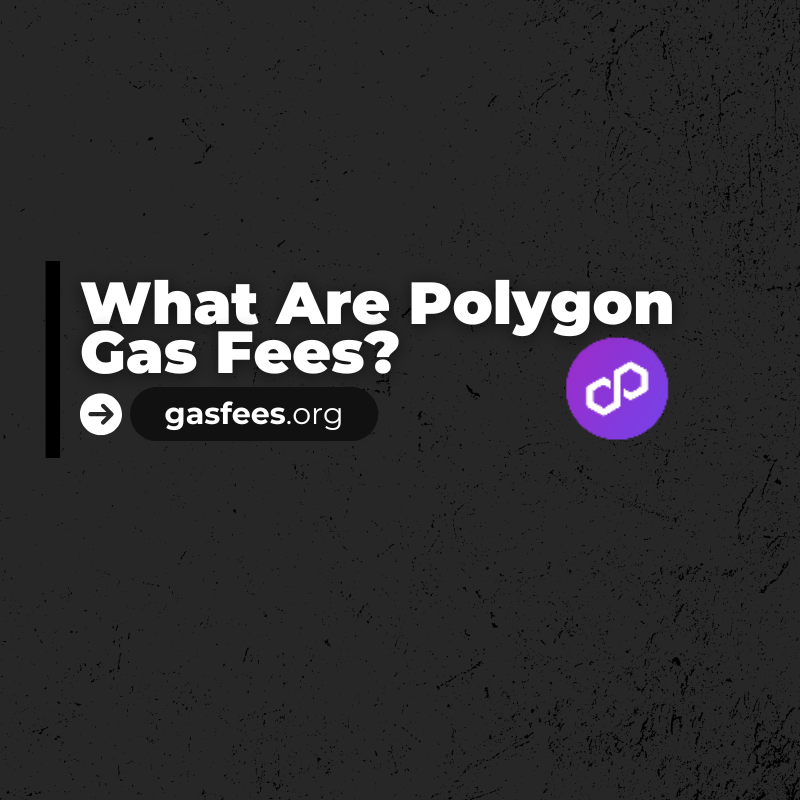
Learn about Polygon gas fees and how they enable fast and cost-effective transactions on the network. This guide breaks down what they are, how they’re calculated, and strategies to keep your transaction costs low while using Polygon.
What Are Binance Gas Fees?
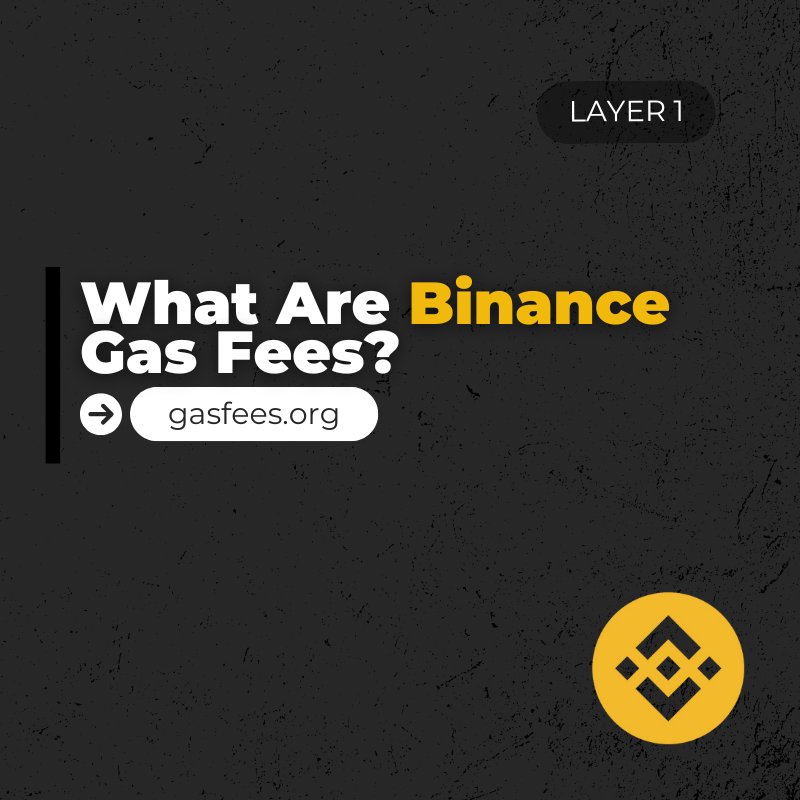
Discover everything you need to know about Binance gas fees, including how they work, what factors affect them, and tips to minimize costs.
